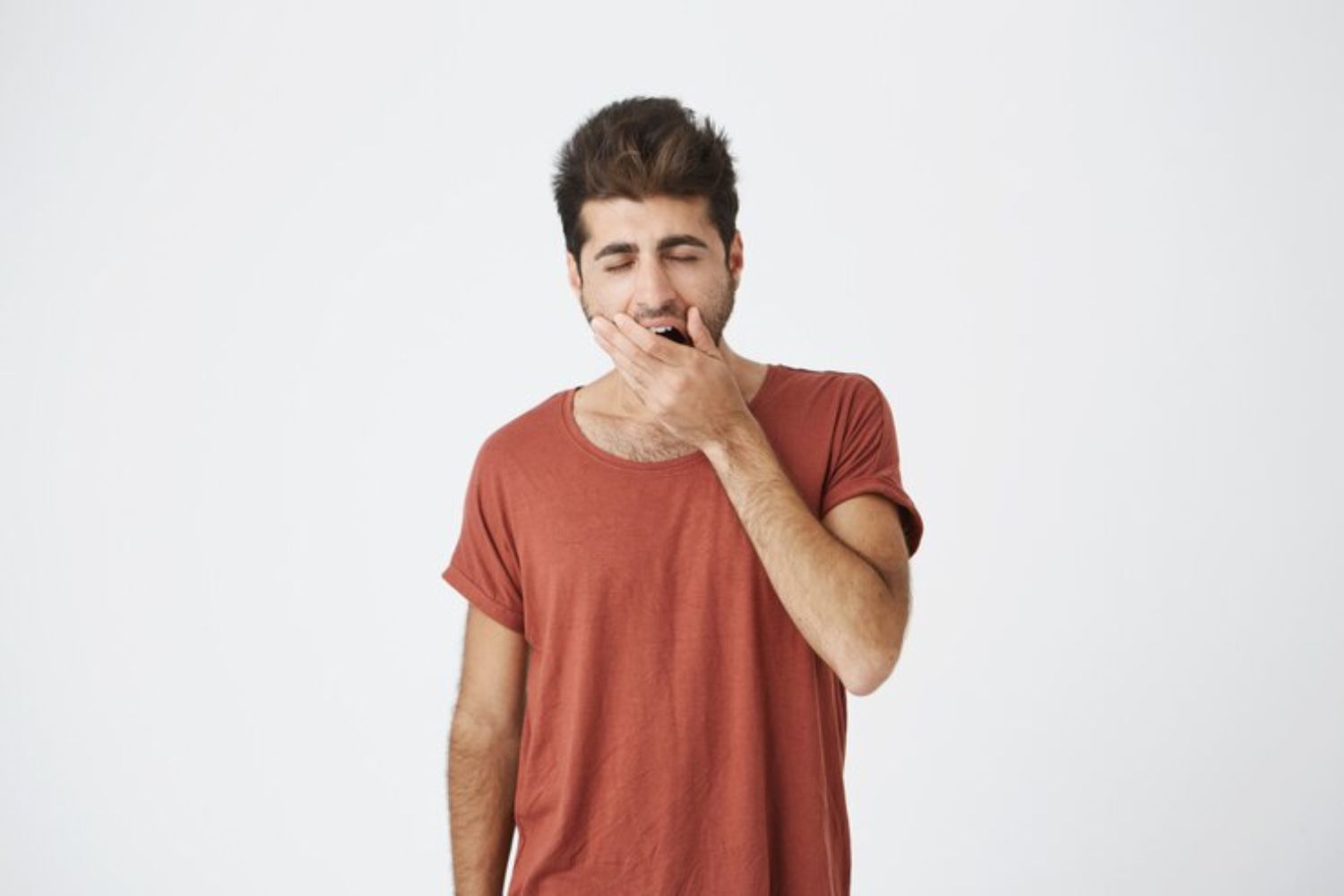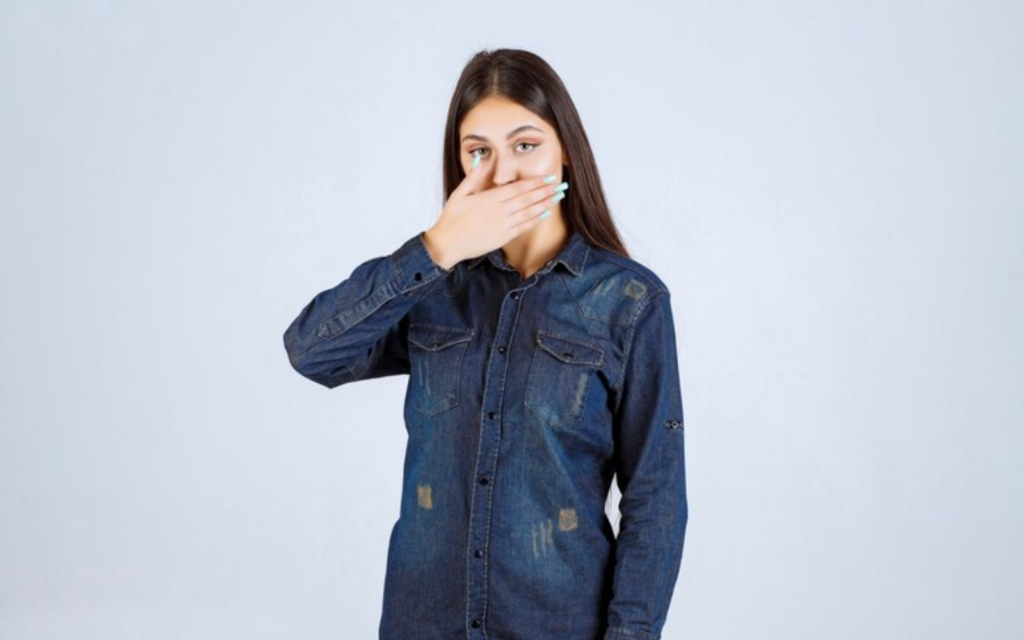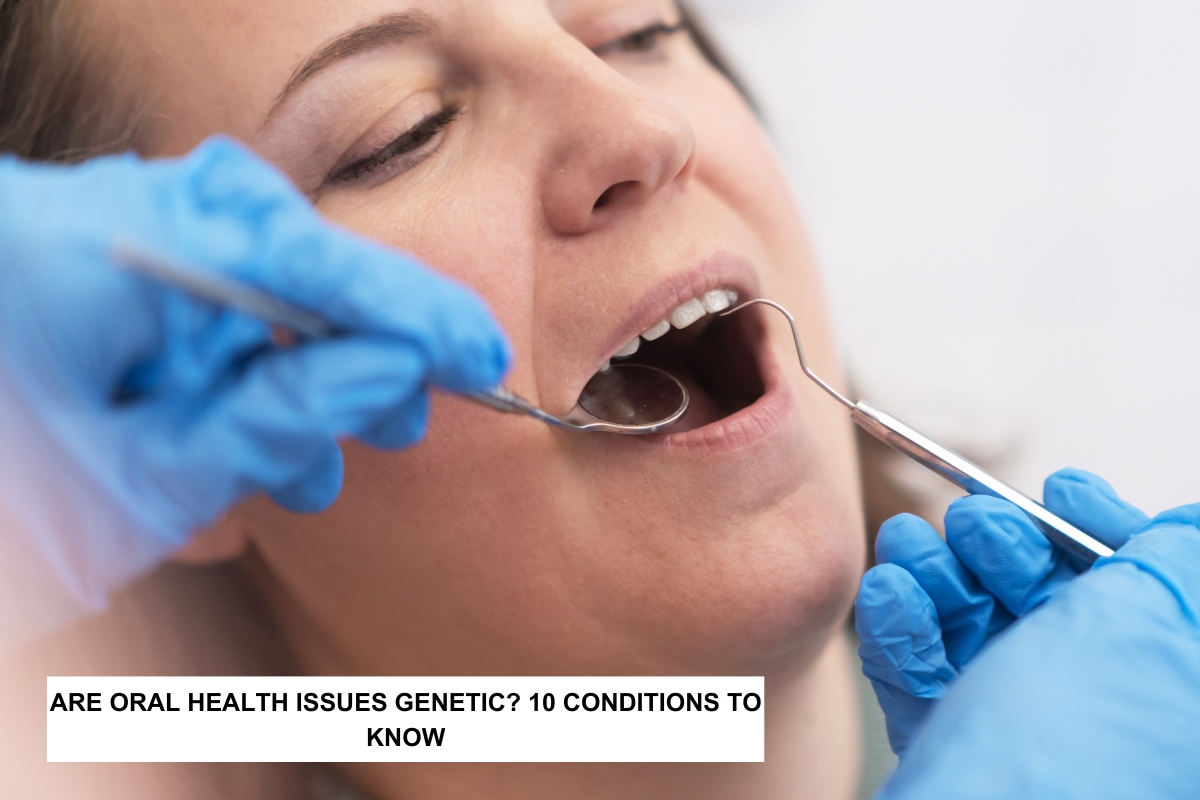
Bad breath, or halitosis, can be a significant concern for many people, affecting personal and professional relationships. Not only can it be embarrassing, but it can also indicate underlying health issues. Maintaining good oral hygiene is crucial to keeping bad breath at bay and ensuring overall oral health. In this comprehensive guide, we’ll explore effective ways to get rid of bad breath, why it happens, and how you can maintain fresh breath with the help of a dentist in Riverside, CA.
Understanding Bad Breath
Bad breath is caused by various factors and can be temporary or chronic. Temporary bad breath is often due to dietary choices, while chronic bad breath may indicate more serious health issues. Understanding the root cause is essential for effectively addressing the problem.

Common Causes of Bad Breath
Identifying the cause of bad breath can help in choosing the right treatment approach. Here are some common causes:
- Poor Oral Hygiene: Inadequate brushing and flossing can leave food particles in the mouth, leading to bacterial growth and bad breath.
- Food Choices: Foods like onions, garlic, and certain spices can contribute to temporary bad breath.
- Dry Mouth: Saliva helps cleanse the mouth, and a lack of it can lead to bad breath.
- Medical Conditions: Conditions such as gum disease, sinus infections, and gastrointestinal problems can cause bad breath.
- Tobacco Use: Smoking and chewing tobacco can cause persistent bad breath and oral health issues.
- Medications: Some medications can reduce saliva production, leading to dry mouth and bad breath.
Effective Ways to Get Rid of Bad Breath
Maintain Proper Oral Hygiene
Good oral hygiene is the foundation of fresh breath. Here’s how to maintain it:
- Brush Regularly: Brush your teeth at least twice a day using fluoride toothpaste. Pay attention to all surfaces of your teeth and gums.
- Floss Daily: Flossing removes food particles and plaque from between teeth and under the gumline.
- Replace Your Toothbrush: Replace your toothbrush every three to four months or sooner if the bristles are frayed.
Stay Hydrated
Drinking plenty of water helps keep your mouth moist and wash away food particles and bacteria. Staying hydrated is particularly important if you suffer from dry mouth.
Watch Your Diet
Certain foods can contribute to bad breath. To maintain fresh breath:
- Avoid Strong-Smelling Foods: Limit consumption of onions, garlic, and spices that can linger on your breath.
- Eat Fresh Fruits and Vegetables: Crunchy fruits and vegetables like apples and carrots can help clean your teeth and freshen your breath.
- Limit Sugary Foods and Drinks: Sugar can promote bacterial growth in the mouth.
Regular Dental Check-ups
Regular visits to a dentist in Riverside, CA, are essential for maintaining oral health and addressing bad breath. During check-ups, your dentist can:
- Detect and Treat Dental Issues: Identify and treat cavities, gum disease, and other conditions that can cause bad breath.
- Provide Professional Cleanings: Remove plaque and tartar buildup that you can’t remove at home.
- Offer Personalized Advice: Guide on maintaining oral hygiene and fresh breath.
Quit Smoking
Smoking and tobacco use can cause chronic bad breath and lead to other oral health issues such as gum disease and oral cancer. Quitting smoking can significantly improve your breath and overall health.
Use Mouthwash
Using an antibacterial mouthwash can help reduce bacteria in the mouth and freshen your breath. Choose a mouthwash that suits your needs and use it as directed.
Clean Your Tongue
Bacteria can accumulate on your tongue, leading to bad breath. Use a tongue scraper or brush your tongue regularly to remove bacteria and food particles.
Chew Sugar-Free Gum
Chewing sugar-free gum can stimulate saliva production, helping to wash away food particles and bacteria. Look for gum with xylitol, which can also help reduce bacteria in the mouth.
Address Underlying Medical Conditions
If bad breath persists despite good oral hygiene, it may be due to an underlying medical condition. Consult your doctor to rule out or treat any health issues contributing to bad breath.
Home Remedies for Bad Breath
In addition to professional treatments, several home remedies can help freshen your breath:
- Baking Soda: Brushing your teeth with baking soda can help neutralize odors and reduce bacteria.
- Apple Cider Vinegar: Rinse your mouth with a mixture of apple cider vinegar and water to kill bacteria and freshen breath.
- Green Tea: Drinking green tea can help reduce oral bacteria and freshen your breath.
- Parsley: Chewing fresh parsley can neutralize odors and freshen your breath.
- Cloves: Chewing on cloves or using clove oil can help kill bacteria and freshen your breath.
When to See a Dentist in Riverside, CA
If you’ve tried various methods to get rid of bad breath but haven’t seen improvement, it’s time to see a dentist. A dentist in Riverside, CA, can help determine the cause of your bad breath and provide appropriate treatment. Schedule a dental visit if:
- Bad breath persists despite good oral hygiene.
- You experience other symptoms, such as gum bleeding, tooth pain, or dry mouth.
- You have underlying health conditions that may contribute to bad breath.
Bad breath can be a challenging issue, but with proper care and attention, it can be managed effectively. By regularly maintaining good oral hygiene, staying hydrated, watching your diet, and visiting a dentist in Riverside, CA, you can keep bad breath at bay and ensure good oral health. Remember to address any underlying health conditions and consider home remedies to complement your oral care routine. With these strategies, you can enjoy fresh breath and a confident smile every day.
Frequently Asked Questions
Q1: How often should I visit a dentist in Riverside, CA, for bad breath?
A: Regular dental check-ups every six months are recommended. If you have persistent bad breath, your dentist may suggest more frequent visits.
Q2: Can bad breath be a sign of a serious health condition?
A: Yes, bad breath can indicate serious conditions such as gum disease, respiratory infections, diabetes, liver disease, or kidney problems. It’s important to consult a dentist or doctor if you have chronic bad breath.
Q3: Are there any foods that can help freshen breath naturally?
A: Yes, foods like apples, carrots, celery, and parsley can help freshen breath naturally by stimulating saliva production and reducing bacteria in the mouth.
Q4: Can mouthwash alone cure bad breath?
A: Mouthwash can help reduce bacteria and freshen breath temporarily, but it’s not a cure for chronic bad breath. Good oral hygiene and addressing underlying causes are essential for long-term fresh breath.
Q5: How can I prevent bad breath in the morning?
A: To prevent morning breath, brush and floss before bed, stay hydrated, avoid eating late at night, and use an antibacterial mouthwash. Cleaning your tongue before bed can also help reduce bacteria overnight.
